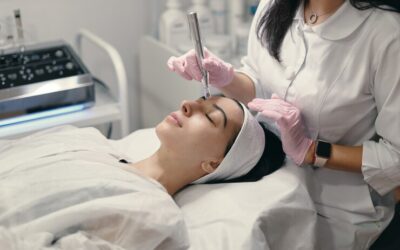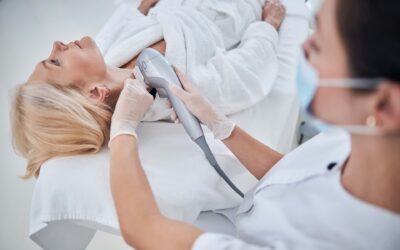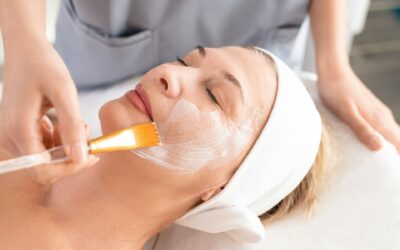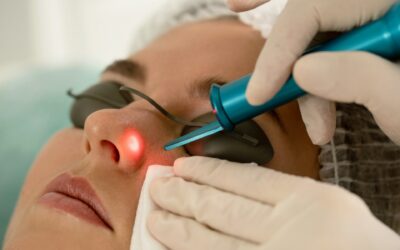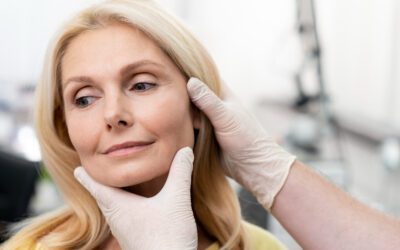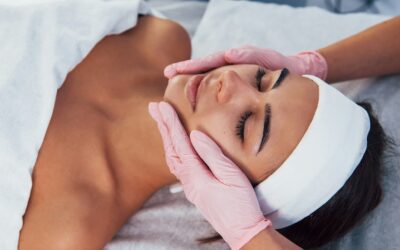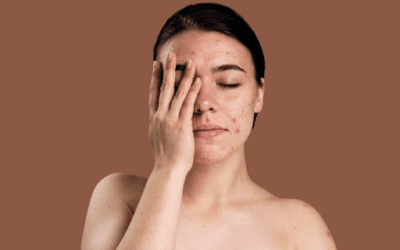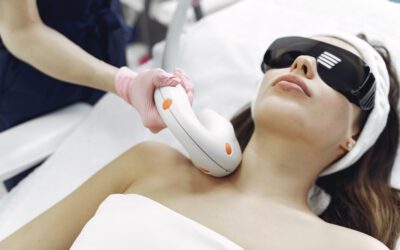Dealing with acne can be frustrating, but understanding what causes it and how to treat it can make a huge difference in managing breakouts. Acne occurs when your skin’s pores get clogged with oil, dead skin cells, and bacteria. This can lead to pimples, blackheads, or cysts, making your skin uncomfortable and affecting your confidence.
There are various factors that might cause or worsen acne, such as hormonal changes, stress, and diet. Identifying these triggers is key to finding an effective treatment plan that works for you. Each person’s skin is unique, and what might work for one person might not work for another.
Luckily, there are many treatments available, ranging from over-the-counter products to advanced medical therapies. Each targets acne differently, helping reduce blemishes and prevent new ones from forming. With the right knowledge and tools, you can find a solution that helps keep your skin clear and healthy. Let’s dive into the world of acne treatments and figure out what might be the right path for your skin.
Understanding Acne And Its Causes
Acne is a skin condition that arises when hair follicles become clogged with oil and dead skin cells. This often leads to the formation of pimples, blackheads, and cysts, and is most common on the face, back, and chest. Acne is particularly prevalent among teenagers due to hormonal changes, but it can affect people of all ages.
Several factors contribute to the development of acne. Hormonal changes, especially the increase in androgens during puberty, can enlarge sebaceous glands and increase sebum production. This excess oil can clog pores and attract bacteria, such as Propionibacterium acnes, which thrive in these blocked environments and cause inflammation. Additionally, genetic factors can play a role in how prone someone is to developing acne.
Lifestyle and environmental factors also impact acne. Stress can trigger or exacerbate breakouts, while a diet high in refined sugars may worsen the condition for some. Identifying personal acne triggers is essential in managing and preventing outbreaks. Keeping a diary of activities, diet, and skincare products can help pinpoint what might cause flare-ups.
Knowing these factors is the first step in tackling acne effectively. Once you understand what contributes to your acne, you can choose appropriate treatments and manage the condition more effectively.
Over-The-Counter Solutions
Over-the-counter (OTC) treatments are a popular first step for many seeking to manage acne. These products are readily available and target various aspects of acne problems. Two common ingredients found in OTC acne treatments are benzoyl peroxide and salicylic acid. Benzoyl peroxide works by reducing the bacteria on the skin that contribute to acne, while salicylic acid helps to exfoliate the skin, preventing pores from clogging.
When selecting OTC products, knowing which ones best address your specific concerns is crucial. For instance, benzoyl peroxide is particularly effective for inflammatory acne due to its antibacterial properties, while salicylic acid is ideal for treating blackheads and whiteheads thanks to its ability to clear out pores.
Here are some tips for choosing the right products:
- Identify Your Skin Type: Understanding whether your skin is oily, dry, or in combination will help in selecting products that won’t aggravate your condition further.
- Start Slow: Begin with lower concentrations of active ingredients to allow your skin to adjust. This can help in reducing the risk of irritation.
- Check For Allergies: Always test a new product on a small skin patch first to check for any adverse reactions or allergies.
- Stick To a Routine: Consistency is key. Follow your routine regularly to see the best results, but be patient as improvements might take some time.
Over-the-counter solutions can effectively manage mild cases of acne. However, if your acne persists despite home treatment, it might be time to explore other, more targeted options.
Prescription Treatments And Their Benefits
When over-the-counter options are not sufficient, prescription treatments can offer more potent solutions for acne. Dermatologists may prescribe medications that are stronger and target acne more aggressively. Common prescription options include topical retinoids and antibiotics.
Retinoids, derived from vitamin A, help reduce acne by unclogging pores and promoting skin cell turnover. They are particularly effective for severe comedonal acne, providing clearer skin over time. However, retinoids can make your skin sensitive to the sun, so it’s important to apply sunscreen.
Antibiotics, whether topical or oral, work by reducing bacteria and inflammation. They are often prescribed for inflammatory acne. However, using antibiotics long-term can lead to resistance, which is why they are usually combined with other treatments and used for a limited period.
While these treatments can be highly effective, they can also have side effects such as dryness, peeling, or more significant reactions. It is crucial to follow medical guidance closely to manage these risks and ensure safe use. Regular check-ins with a dermatologist help monitor progress and adjust treatment plans as needed to ensure the best outcomes.
Advanced Treatments And Lifestyle Adjustments
For more persistent cases of acne or when seeking comprehensive treatment approaches, advanced options like laser therapy and chemical peels might be considered. Laser therapy targets the deeper layers of skin, reducing bacteria and shrinkage of oil glands, often with quick recovery times. Chemical peels focus on exfoliating the skin’s top layer, promoting regeneration and helping clear acne scars.
Beyond medical treatments, lifestyle adjustments play a vital role in managing acne effectively:
- Diet: Eating a balanced diet that limits sugar and dairy may help some people manage their acne. Incorporating fruits, vegetables, and healthy fats supports overall skin health.
- Skincare Habits: Using non-comedogenic (non-pore clogging) skincare products and regularly washing your face with mild cleansers can prevent acne from worsening.
- Stress Management: Reducing stress through activities like yoga or meditation can decrease hormonal fluctuations that trigger acne.
Consulting with a skincare professional at each stage is advisable to create a tailored treatment plan that considers your unique skin type and acne triggers. This personalised approach ensures you make informed decisions and use treatments that align with your needs.
Conclusion:
Acne can be a challenging condition, impacting not just your skin, but also your confidence and overall well-being. By understanding the different treatments—from over-the-counter solutions to advanced therapies—you can find a regimen that addresses your specific needs. Whether dealing with mild breakouts or persistent acne, there’s an array of options and lifestyle changes that can make a difference.
Considering professional guidance at each stage can help you navigate the complexities of acne treatment effectively. Professionals can provide valuable insights, ensuring you achieve clearer, healthier skin while preventing future issues. They offer the expertise needed to tailor strategies to your skin’s unique requirements.
If you’re seeking more targeted solutions to tackle acne, contact Monarch Medical Skin and Laser today. Our skilled team can guide you through the latest treatments and help develop a plan that transforms your skin, boosting not just its appearance but your confidence too.

